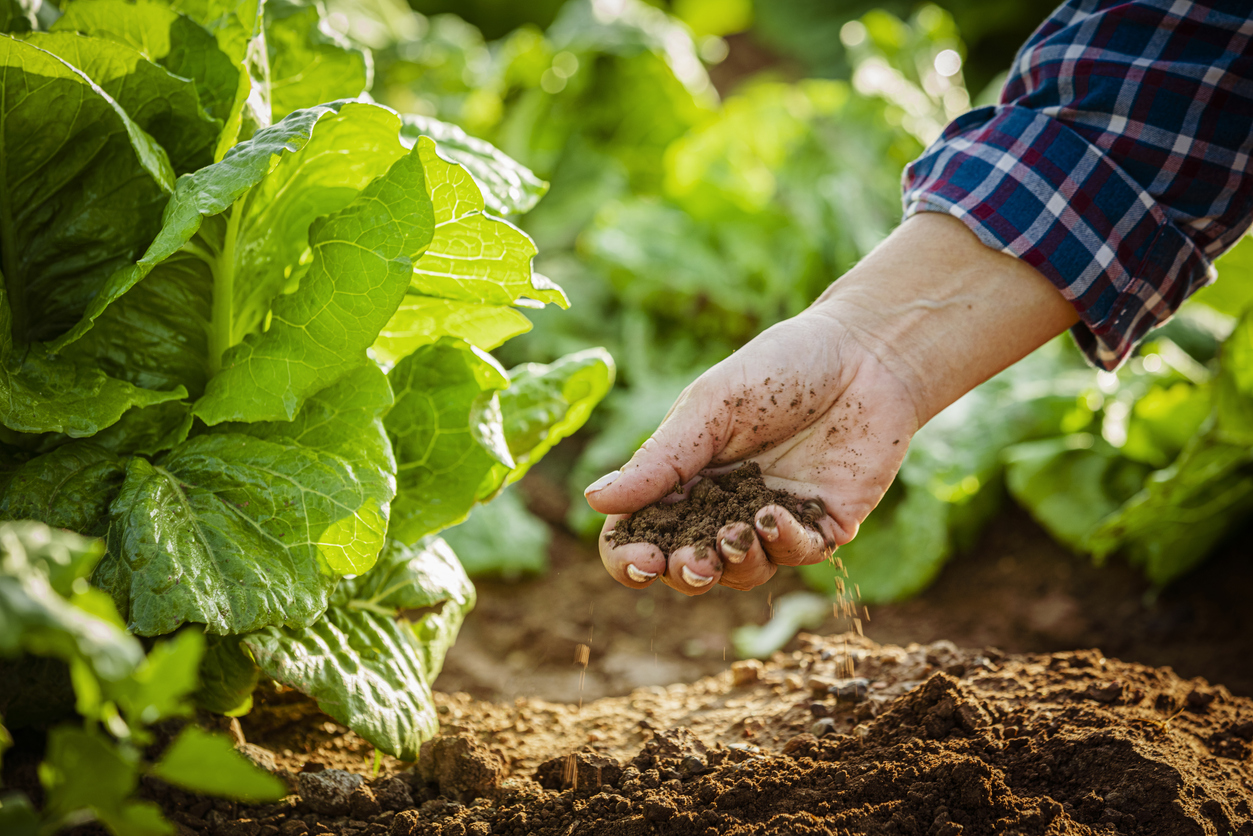Gardening is more than just planting seeds—it’s about creating a thriving ecosystem that benefits both people and the planet. Sustainable and organic gardening practices help conserve resources, reduce environmental impact, and produce healthier plants. In this guide, we’ll explore essential techniques, benefits, and tips to help you cultivate a sustainable and organic garden.
Why Choose Sustainable & Organic Gardening?
Sustainable and organic gardening offers numerous benefits:
- Eco-Friendly: Reduces chemical use and supports biodiversity.
- Healthier Plants & Soil: Improves soil fertility and plant health naturally.
- Cost-Effective: Saves money by using natural fertilizers and compost.
- Community Impact: Supports local ecosystems and reduces pollution.
Essential Principles of Sustainable Gardening
1. Build Healthy Soil
Healthy soil is the foundation of any garden. Use organic compost, mulch, and natural fertilizers to enrich soil fertility. Avoid synthetic chemicals that can harm soil microorganisms.
2. Conserve Water
Water is a precious resource. Use drip irrigation, soaker hoses, and mulch to minimize water use. Collect rainwater in barrels to reduce reliance on municipal water sources.
3. Use Organic Fertilizers and Pest Control
Replace synthetic fertilizers with organic alternatives like compost tea, fish emulsion, and bone meal. Control pests using natural methods such as beneficial insects, neem oil, and companion planting.
4. Practice Crop Rotation
Rotate crops annually to prevent soil depletion and reduce pest infestations. This technique also improves soil structure and nutrient balance.
5. Choose Native and Heirloom Plants
Select native and heirloom plant varieties that are well-suited to your climate. They require less water and are more resistant to local pests and diseases.
Step-by-Step Guide to Starting an Organic Garden
Step 1: Plan Your Garden
Choose a location with plenty of sunlight and well-drained soil. Design your garden layout to maximize space and sunlight exposure.
Step 2: Prepare the Soil
Enrich the soil with organic compost and natural amendments like worm castings, rock phosphate, and greensand.
Step 3: Plant Carefully
Follow planting guidelines for each crop, considering spacing, depth, and seasonal timing. Use companion planting to deter pests and improve growth.
Step 4: Maintain Your Garden
Water plants deeply but infrequently to encourage deep root growth. Mulch around plants to retain moisture and suppress weeds.
Step 5: Harvest and Recycle
Harvest crops at their peak for the best flavor and nutrition. Compost plant residues to return nutrients to the soil.
Sustainable Pest and Disease Management
- Companion Planting: Grow plants like marigolds, basil, and garlic to repel pests.
- Beneficial Insects: Encourage natural predators like ladybugs, lacewings, and praying mantises.
- Homemade Remedies: Use DIY sprays made from garlic, chili pepper, and soap to deter pests.
Tips for Maintaining an Eco-Friendly Garden
- Reduce Waste: Compost kitchen scraps and garden waste.
- Avoid Synthetic Chemicals: Use organic fertilizers and natural pest control.
- Support Wildlife: Create habitats for pollinators, birds, and beneficial insects.
- Practice Seasonal Gardening: Grow seasonal crops to reduce resource consumption.
Common Mistakes to Avoid
- Overwatering: Too much water can lead to root rot and nutrient leaching.
- Ignoring Soil Health: Regularly test soil pH and nutrient levels.
- Using Synthetic Fertilizers: They can harm soil biology and water quality.
- Planting Non-Native Species: Choose plants that thrive in your local climate.
Conclusion
Sustainable and organic gardening is not only beneficial for the environment but also for your health and well-being. By building healthy soil, conserving water, and using natural fertilizers, you can create a thriving garden that supports local ecosystems. Start your journey to eco-friendly gardening today and enjoy the rewards of fresh, organic produce right from your backyard.
For more gardening tips and eco-friendly solutions, visit DecorateGarden.
